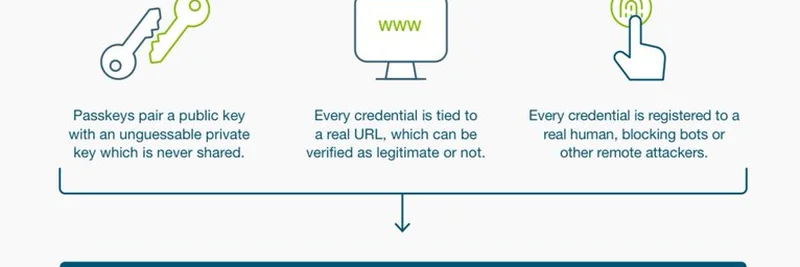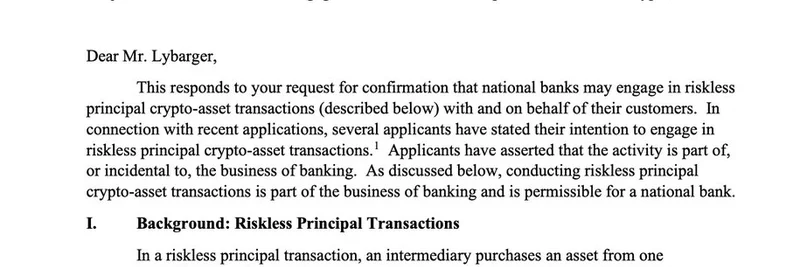In a world where technology evolves faster than our institutions can keep up, Balaji Srinivasan, the visionary author of The Network State and founder of the Network School, recently highlighted a critical vulnerability in our legacy systems. His thread on X sparked discussions among crypto enthusiasts and blockchain practitioners about the urgent need for cryptographic upgrades.
The Spark: A Real-World Deed Fraud Horror Story
It all started with a quote from Barrett Linburg (@DallasAptGP), who shared a chilling experience of deed fraud in Texas. Imagine this: someone walks into a county office, pays a mere $30 in cash, and "sells" your multi-million-dollar property using a forged signature—no ID check required. Linburg's company lost two buildings worth over $6 million to a fake Delaware LLC in 2022. It took 90 days, $20,000 in legal fees, and a lawsuit to reclaim their titles. The Dallas Police Department, FBI, and Texas Secretary of State were all swamped, underscoring how overwhelmed our current systems are.
Balaji's response? "Many 20th century systems will melt down in a low-trust, high-tech environment. Fraud rates will just get out of control." He's spot on. In an era of deepfakes, AI-generated forgeries, and global bad actors, traditional wet-ink signatures are like leaving your front door unlocked in a digital metropolis.
Why Cryptography is the Solution
Balaji argues that we need to rebuild these systems with cryptography at their core. Digital signatures, unlike their analog counterparts, use mathematical proofs to verify authenticity and integrity. Think of them as unbreakable seals—much harder to fake because they're based on private keys that only the owner controls.
He extends this idea in a follow-up post: "In the medium run, states will need to replace the signature-checking step with a digital-signature-checking step." Practically, this could mean integrating Google or Apple-style authentication into state processes. For deeds, updates would require passkeys or Yubikeys, hardware devices that generate secure credentials.
Passkeys, for those new to the term, are a modern evolution of passwords. They're based on the FIDO (Fast Identity Online) standard, making them resistant to phishing attacks. Here's a helpful infographic explaining passkeys:
This isn't just theoretical. Balaji envisions states becoming digital platforms where official registries—like property deeds, passports, or IDs—demand cryptographic attestation. Existing mechanisms for issuing IDs could evolve to include proof-of-human elements, preventing bot-driven fraud.
Implications for Blockchain and Meme Tokens
For blockchain practitioners, this resonates deeply. Meme tokens, those viral crypto assets often built on platforms like Solana or Ethereum, thrive on trustless systems. But off-chain interactions, like legal ownership or regulatory compliance, still rely on fragile analog processes. Imagine applying digital signatures to meme token governance or community treasuries—reducing scams and enhancing security.
In the meme world, where hype meets tech, Balaji's insights remind us that cryptography isn't just for securing wallets; it's for fortifying society against low-trust realities. Projects like those exploring zero-knowledge proofs or decentralized identity (DID) are already paving the way, making fraud a relic of the past.
Wrapping Up: A Call to Action for Crypto Builders
Balaji's thread isn't alarmist—it's a roadmap. As fraud escalates in our high-tech age, embracing cryptography could transform vulnerable systems into robust, verifiable ones. Whether you're trading meme tokens or building the next big DeFi protocol, understanding these principles is key to staying ahead.
Check out the full thread here and join the conversation. What's your take on digitizing state trust? Share in the comments below!




